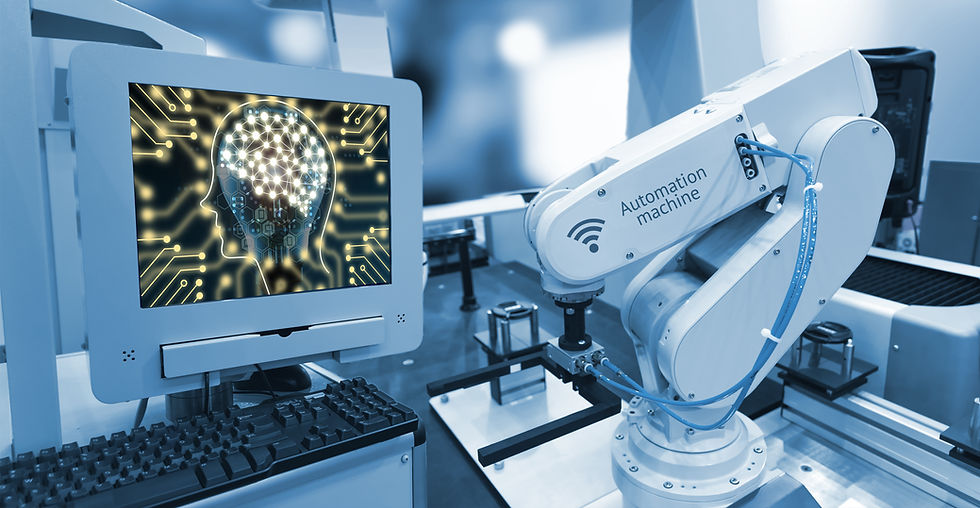The Future of Testing- Superior Results with AI in Quality Assurance
- Srihari Maddula
- May 2, 2023
- 2 min read
Updated: Jun 9, 2023

Quality Assurance (QA) is an essential function for any organization that strives to provide high-quality products and services to its customers. QA processes typically involve a combination of manual and automated testing, to identify defects and ensure that products and services meet or exceed customer expectations.
In recent years, Artificial Intelligence (AI) has emerged as a game-changing technology that can revolutionize the QA process. By using AI to automate testing and analysis, organizations can achieve superior results in terms of efficiency, accuracy, and overall quality. In this blog, we shall explore the benefits of bringing AI into QA and how it promises to deliver superior results.
1. #ImprovedTestCoverage

One of the biggest advantages of using AI in QA is the ability to achieve greater test coverage. Traditional testing methods rely on human testers to identify defects and issues, which can be time-consuming and prone to error. AI-powered testing solutions, on the other hand, can automatically generate test cases and execute them in a fraction of the time it would take a human tester. This means that more tests can be run in less time, resulting in higher test coverage and better overall quality.
2. #IncreasedSpeed&Efficiency

AI-powered testing solutions can also help organizations to achieve greater speed and efficiency in their QA processes. Automated testing can be run 24/7 without the need for human intervention, allowing for faster test execution and faster time-to-market for products and services. Additionally, AI can identify patterns and trends in test results, enabling organizations to quickly pinpoint and address issues before they become more significant problems.

AI-powered testing solutions can also deliver more accurate results than traditional manual testing methods. Machine learning algorithms can be trained on historical data to identify patterns and anomalies, enabling them to detect defects and issues with greater accuracy than a human tester. This can help organizations identify and address issues before they impact customers, resulting in better overall quality and customer satisfaction.

Another advantage of AI-powered testing solutions is their scalability. As organizations grow and expand their product and service offerings, traditional testing methods can become increasingly complex and time-consuming. AI-powered testing solutions, on the other hand, can be easily scaled to handle large volumes of tests and data, making it easier for organizations to maintain high levels of quality as they grow.

Finally, AI-powered testing solutions can help organizations to reduce costs associated with manual testing methods. Automated testing can be run more efficiently and with fewer resources, reducing the need for human testers and lowering overall costs. Additionally, AI-powered testing solutions can identify issues early in the development process, reducing the cost and complexity of fixing issues later on.
In conclusion, bringing AI into Quality Assurance can deliver superior results in terms of efficiency, accuracy, and overall quality. By automating testing processes and using machine learning algorithms to identify patterns and anomalies, organizations can achieve greater test coverage, speed, and accuracy. Additionally, AI-powered testing solutions can be easily scaled to handle large volumes of tests and data, making it easier for organisations to maintain high levels of quality as they grow. Finally, AI-powered testing solutions can help organisations to reduce costs associated with manual testing methods, making it a smart investment for any organisation that values quality and efficiency.










Comments